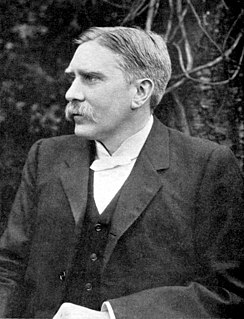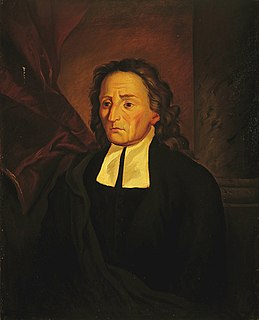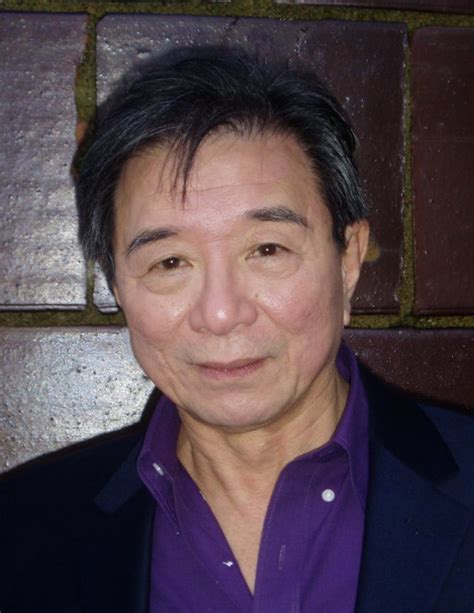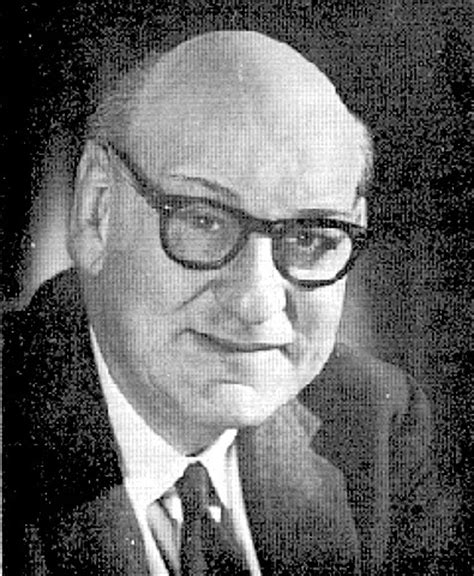A Quote by A. C. Benson
One's mind has a way of making itself up in the background, and it suddenly becomes clear what one means to do.
Related Quotes
Devotion {to the spiritual master} becomes the purest, quickest, and simplest way to realize the nature of our mind and all things. As we progress in it, the process reveals itself as wonderfully interdependent: We, from our side, try continually to generate devotion; the devotion we arouse itself generates glimpses of the nature of mind, and these glimpses only enhance and deepen our devotion to the master who is inspiring us. So in the end devotion springs out of wisdom: devotion and the living experience of the nature of mind becomes inseparable, and inspire one another.
Truth is always here. That's the only way truth can be. Truth cannot be anywhere else. The only time it can be is here, and the only place it can be is now. But the mind is never here and is never now. Hence, mind and truth never meet. The mind goes on thinking about truth, and the truth goes on waiting to be realized, but the meeting never happens. The meeting is possible only if mind stops functioning, because mind means the past, mind means the future. Mind is never here-now. Whenever you start thinking, you are going astray. If you stop thinking, suddenly you are at home.
In Japan we have the phrase, "Shoshin," which means "beginner's mind." Our "original mind" includes everything within itself. It is always rich and sufficient within itself. This does not mean a closed mind, but actually an empty mind and a ready mind. If your mind is empty, it is always ready for anything. It is open to everything. In the beginner's mind there are many possibilities; in the expert's mind there are few.
Making art now means working in the face of uncertainty; it means living with doubt and contradiction, doing something no one much cares whether you do, and for which there may be neither an audience nor reward. Making the work you want to make means setting aside these doubts so that you may see clearly what you have done, and thereby see where to go next. Making the work you want to make means finding nourishment within the work itself.
If you know that everything comes from the mind, don't become attached. Once attached, you're unaware. But once you see your own nature, the entire Canon becomes so much prose. It's thousands of sutras and shastras only amount to a clear mind. Understanding comes in midsentence. What good are doctrines? The ultimate Truth is beyond words. Doctrines are words. They're not the Way. The Way is wordless. Words are illusions. . . . Don't cling to appearances, and you'll break through all barriers. . . .



































